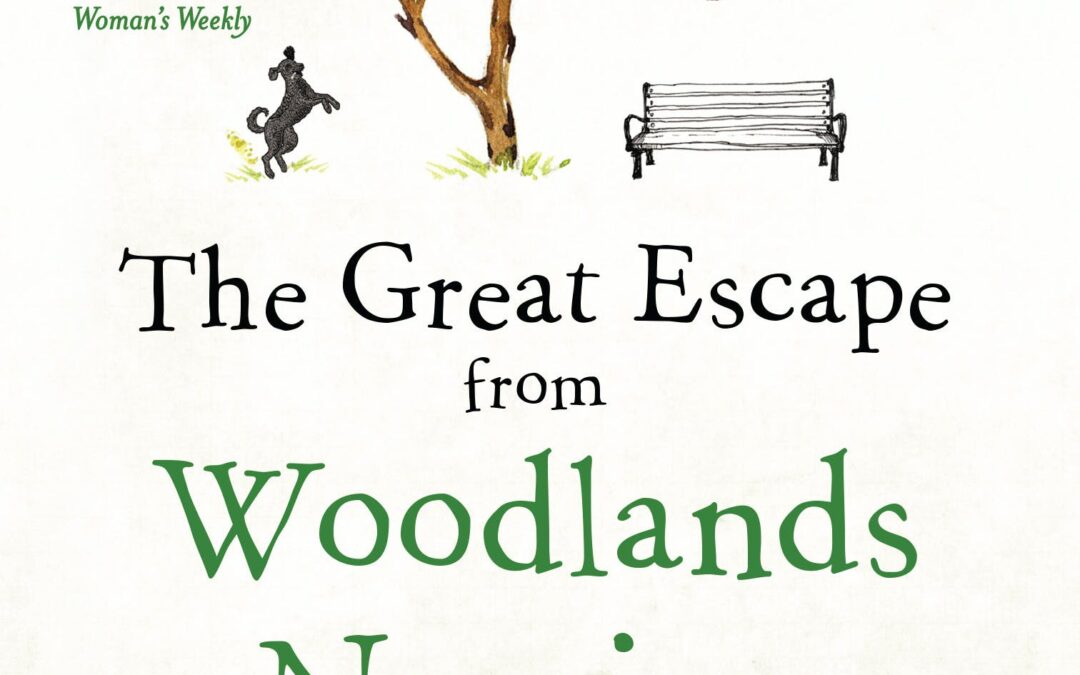Practising GP and author Joanna Nell has made a name for herself writing novels that explore the complexities of ageing – the celebrations, the sadness, the unfulfilled expectations, the unrequited love, the thrill of discovering new technology, the completeness of family, the bonds of friendships old and new, the satisfaction of achieving and the thrill of a new adventure at an advanced age. Her book The Great Escape from Woodlands Nursing Home (Hachette 2020) is a heart-warming and gentle novel that is both uplifting and also shines a light on the predicaments and disadvantages of caring for the elderly in institutionalised settings. With a cheeky sense of humour and a rich cast of characters, Nell manages to provide a light-hearted read that also has a deeper message.
I’ve been reading this novel to my 91-year-old sight-impaired friend who lives in a nursing home. She has been enjoying every word – short, sharp chapters from the alternate viewpoints of Hattie Bloom (91, never married, likes birds, dislikes most people) and Walter Clements (90, widower, ex-driving instructor, closet drinker of alcohol, loves the movie The Great Escape). My friend keeps saying to me: ‘Can we hurry up and get to the bit where they escape? I want some tips.’ LOL.
The narrative is a lovely, tender account of the lives of the people ‘incarcerated’ in the nursing home – some temporarily while they recover from a fall, others there permanently until they go out in a box. All miss their homes, their families, their previous work, their hobbies … their lives that were once so large but have shrunk to the size of a small room in a rule-centred organisation. The one respite is Sister Bronwyn and her (unofficial) therapy dog, Queenie. Disliking protocols and in favour of a more common-sense approach, Sister Bronwyn has a rather unorthodox nursing regime. Instead of sedating the residents at night, and encouraging them to take part in all sorts of sanctioned activities during the day, she allows them to follow their natural body clocks by facilitating The Night Owls, a supervised club that runs all night through, for the residents to watch and listen to special entertainment (or provide that entertainment themselves), eat and drink normally limited treats, and engage in some sort of meaningful facsimile of the work that they used to do in their previous lives. This all goes swimmingly until one too many accidents attracts the notice of the OH&S, Sister Bronwyn is dismissed, and everyone is terribly traumatised by the return to the old ways.
With a few other secrets and mysterious dealings along the way, Hattie and Walter – at first sworn enemies (well, he did run over her with his motorised scooter…) – begin to develop a firm friendship, despite being very different. Confronted with a common goal (and perhaps a common enemy), they start to understand and appreciate each other’s eccentricities.
Nell’s writing is assured and informed, and her quirky sense of humour and fun makes for an entertaining plot and unforgettable characters.

